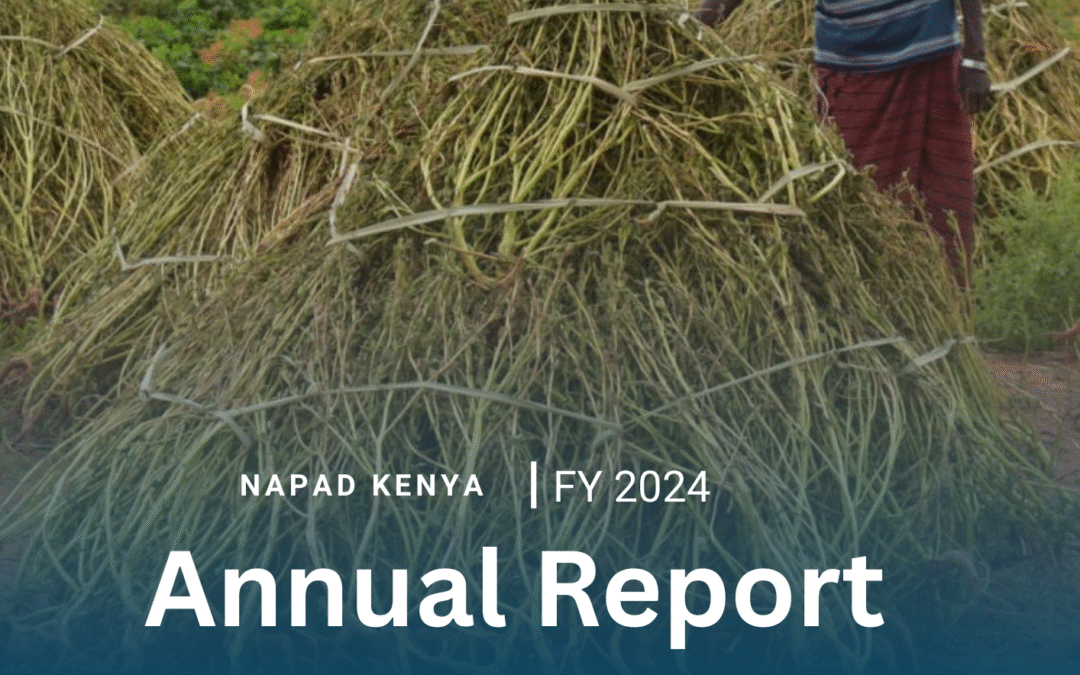
by NAPAD | May 15, 2025 | Access to Justice, Agriculture, Agroforestry, Bee Farming, clean energy, Climate change, Conflict Resolution, Dignity Kits, Drought, Education, Emergency, empowerment, Floods, Food Security, GBV, Girls, HEALTH, hygiene, Innovation, irrigation, Livelihoods, Livestock, Mandera County, Nutrition, Peacebuilding, solarenergy, WASH, Water, Women, Youth
NAPAD Kenya is pleased to present its Annual Report for the Year 2024. This report highlights our collective achievements in improving the lives of vulnerable communities in Mandera County. Working in close collaboration with our partners, we responded to the urgent...
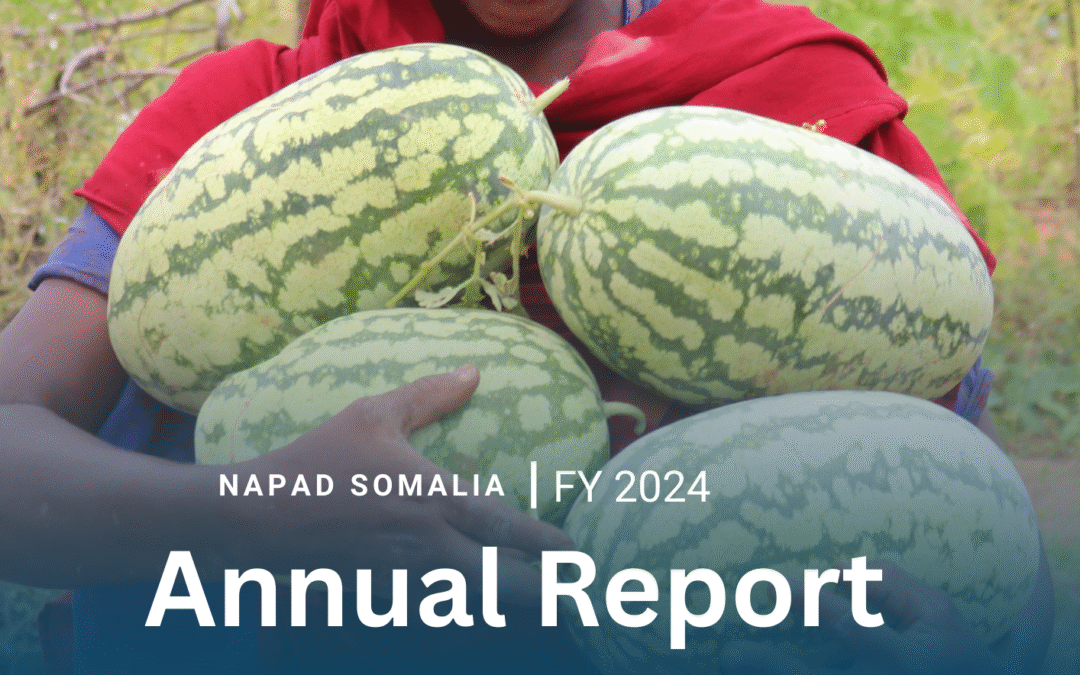
by NAPAD | May 15, 2025 | Abduwak, Access to Justice, Agriculture, Agroforestry, Bee Farming, Cash Assistance, clean energy, Climate change, Conflict Resolution, Dignity Kits, Displacement, Dollow, Drought, Education, Emergency, empowerment, Floods, Food Security, GBV, Gedo, Somalia, Girls, HEALTH, hygiene, IDPs, Innovation, Innovation, irrigation, Kismayu, Kitchen garden, Livelihoods, Livestock, Nutrition, Peacebuilding, School Feeding, solarenergy, Somalia, WASH, Water, Women, Youth
This report highlights NAPAD’s work in 2024, in collaboration with our partners, to respond to the urgent needs of vulnerable communities in Somalia affected by conflict, climate shocks, displacement, disease outbreaks, malnutrition, limited access to healthcare, and...
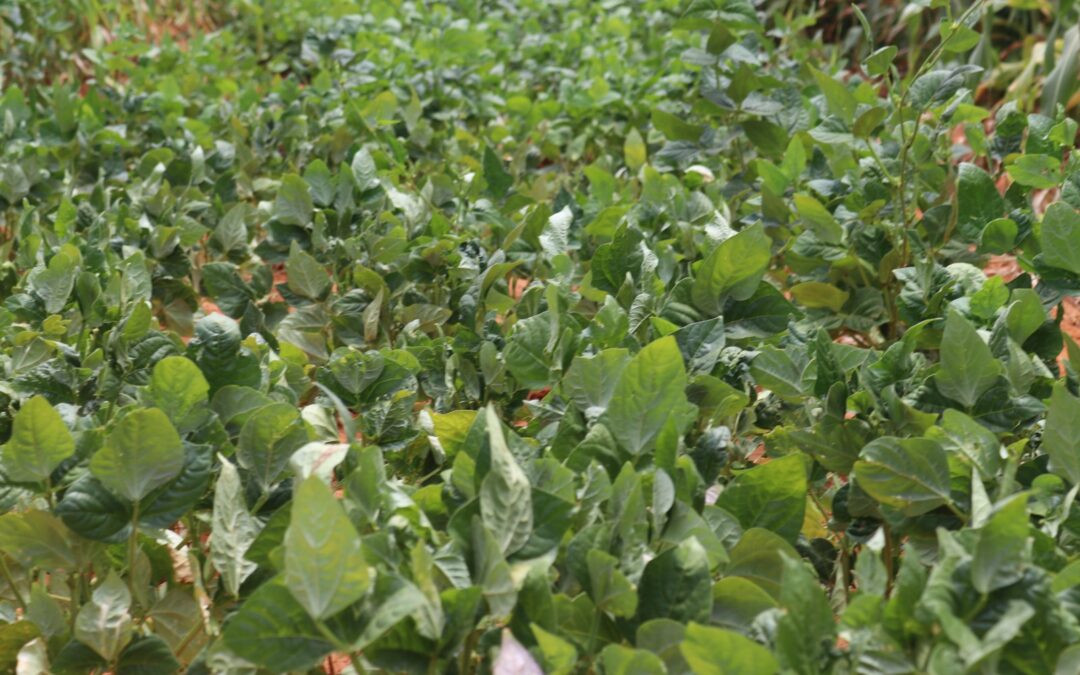
by NAPAD | May 6, 2025 | Agriculture, Agroforestry, clean energy, Climate change, empowerment, Food Security, irrigation, Kitchen garden, Livelihoods, Nutrition, solarenergy, Somalia, WASH, Water, Women
A wide ariel view of the surgudud farm under solar powered irrigation In Surgadud Village, Dollow District, Somalia, subsistence farming was once a reliable source of food for household consumption, with any surplus sold to neighbours or in the local market. However,...
by NAPAD | Apr 28, 2025 | Climate change, Emergency, hygiene, Mandera County, WASH, Water, Women
Mama Halima outside her home Khalicha Village in Mandera North, Mandera County, has always been a place of resilience. Locally referred to as the “clean village,” Khalicha earned this reputation when its residents made the bold step to ban the sale and use...
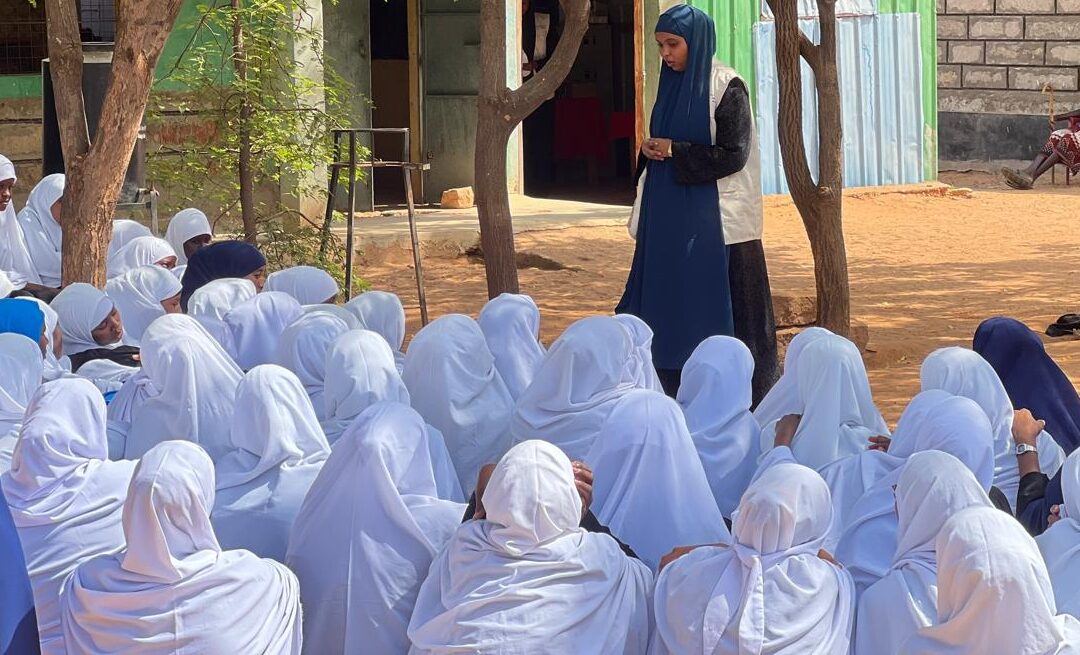
by NAPAD | Apr 2, 2025 | Education, Girls, HEALTH, hygiene, Mandera County, WASH, Water, Youth
Girls listen in keenly during one of the MHM sensitization sessions in Khalalio primary school Menstruation management varies across cultural, social, and economic contexts. For young girls in marginalized rural areas, limited guidance on menstruation can make the...
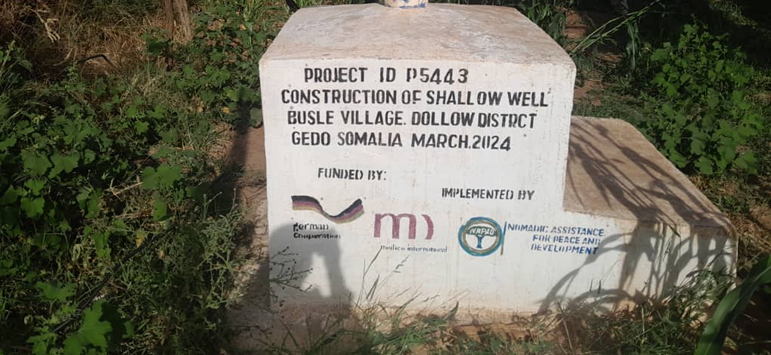
by NAPAD | Mar 15, 2025 | clean energy, Climate change, Food Security, Innovation, irrigation, Livelihoods, solarenergy, Water, Women
Somalia is characterized by unique geographical features, cultural diversity, and unique socio-economic activities. However, its semi-arid landscape, combined with persistent insecurity and underdeveloped infrastructure, presents significant challenges for communities...






